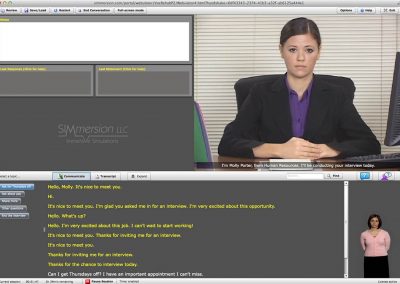Our Mission
TIDR is a multidisciplinary, multi-institutional team of faculty members, post-doctoral fellows, graduate students, and community partners focused on improving psychosocial treatment for mental disorders and increasing access to evidence-based treatments for these conditions among traditionally underserved populations. TIDR focuses on community-based participatory methods and the use of technology to achieve these aims.
Read More About TIDR
TIDR News
TIDR Faculty Member Dr. Lindsay Bornheimer Receives a MICHR PACE Grant
Dr. Lindsay Bornheimer and her community partner, Washtenaw County Community Mental Health (CMH), received a Michigan Institute for Clinical and Health Research (MICHR) Promoting Academics and Community Engagement (PACE)...
TIDR Faculty Dr. Katrina Ellis Receives Career Development Award (K01) from National Cancer Institute
TIDR Faculty Member Dr. Katrina Ellis received a Mentored Research Scientist Career Development Award (K01) from the National Cancer Institute. This prestigious, federally funded grant allows Dr. Ellis to further strengthen her skills in intervention research and...
Dr. Matthew J Smith Named Next Associate Dean for Research
Congratulations to TIDR Co-Director Dr. Matthew J. Smith who was recently named the next Associate Dean for Research and Innovation at the UM School of Social Work! "The U-M School of Social Work faculty are working tirelessly to change lives through advancing...
Current Projects
years from onset of mental disorder to contacting any treatment provider. (Wang et al., 2004)
%
of individuals with diagnosed mental health disorder visit a mental health specialist in their lifetime
Americans live in Mental Health Professional Shortage Areas
Ailsa’s Story
“They [RISE counselors] opened up a crazy opportunity for me, one that I thought I’d never be able to pursue. When they found out that I loved to cook and wanted to open my own restaurant someday, they put me in a cooking internship at Detroit Rescue Mission. Now I work there as a chef at the Men’s Shelter. It’s hard to be a female chef, first, and then to be one without training is even harder. But my counselors were like, ‘You got this!'” Read More



